Posted by Brenda Norrell - November 8, 2008 at 2:21 pm
NCAI urges new protection for sacred places, while Homeland Security seeks to keep secret the digging up of Native American graves during construction of the border wall
By Brenda Norrell
"PHOENIX - The National Congress of American Indians urged the US Congress to create a statute that would protect Native American sacred places and burial grounds from the onslaught of development, intrusion and desecration and to strengthen existing laws to protect Native Americans' freedom of religion, in a resolution passed during its 65th annual convention.
The American Indian Religious Freedom Act was enacted into law 30 years ago in 1978 to protect the religious freedom of Native people. However, the Supreme Court ruled 20 years ago that neither the Act, nor the US Constitution, provided for a course of action to truly protect Native Americans right to worship in their traditional manner. The Supreme Court said Congress would need to enact a statute for that purpose. Congress has not done so.
The American Indian Religious Freedom Act states that "it shall be the policy of the United States to protect and preserve for American Indians their inherent right of freedom to believe, express, and exercise the traditional religions of the American Indian, Eskimo, Aleut, and Native Hawaiians, including but not limited to access to sites, use and possession of sacred objects, and the freedom to worship through ceremonials and traditional rites."
Native Americans say, however, there is no current mechanism to ensure protection of sacred places or religious rights in court. Further, they say there is too little prosecution of violators of sacred places, burial places and cultural items.
Recently, the Religious Freedom Restoration Act failed to protect two sacred places in court, San Francisco Peaks and Snoqualmie Falls. In the case of San Francisco Peaks, the Ninth Circuit Court of Appeals reversed its earlier decision and ruled that sewage water could be used for snowmaking on the mountain sacred to 13 American Indian Nations. On this sacred mountain, one of Four Sacred Mountains to the Navajo or Dine', medicine people hold ceremonies and gather healing plants. Hualapai and Hopi spiritual leaders were among those speaking out against the desecration.
NCAI said, "It is time for Congress to enact a right of action for tribes to defend sacred places. Unless tribes can sustain lawsuits, they will not have a seat at federal negotiation tables and agencies and developers will continue to disregard existing consultation requirements. Meaningful consultation and respectful negotiations can obviate the need for litigation. However, if negotiated accords cannot be reached, tribes must be able to protect their holy places in court."
The NCAI resolution also pointed out that universities are violating Native American graves, in development and museum content."...
..."In related resolutions, NCAI passed resolutions supporting a moratorium on exploration and oil and gas drilling in the Galisteo Basin of New Mexico; supporting protection of the Zuni Salt Lake in New Mexico and supporting the United Nations Declaration on the Rights of Indigenous Peoples.
The Declaration on the Rights of Indigenous Peoples was adopted Sept. 13, 2007, by the General Assembly of the United Nations.
In its resolution of support, NCAI said, "the declaration by the United Nations supports and reinforces the respect and protection of full self-determination rights by and on behalf of US Tribal Nations as well as the protection of tribal lands and treaties as a matter of international law and policy and is therefore in the vital interests of all US Tribal Nations."' Entire article>>>>
NCAI resolutions:
http://www.ncai.org/index.php?id=105&selectpro_resid=41





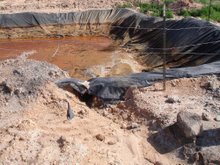


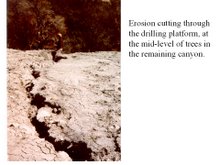
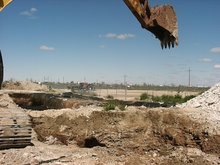
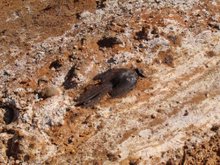
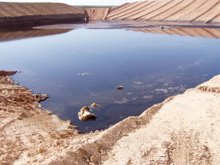
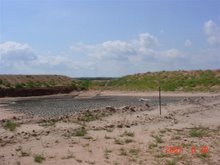
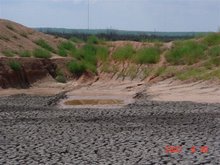

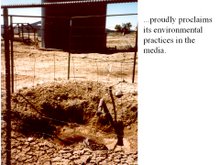
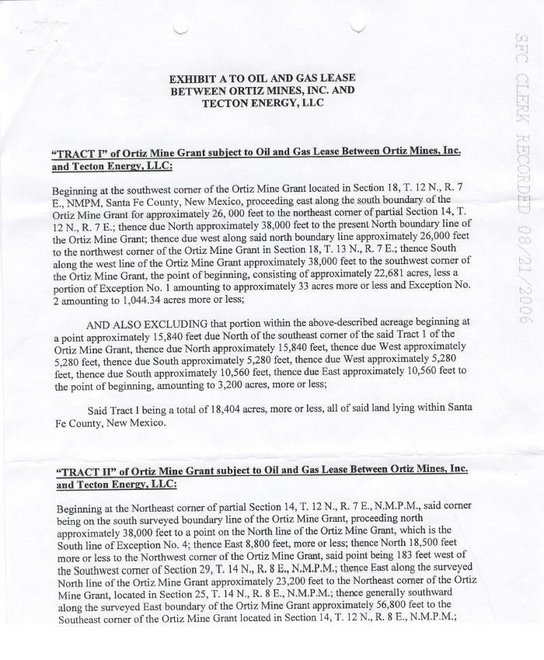
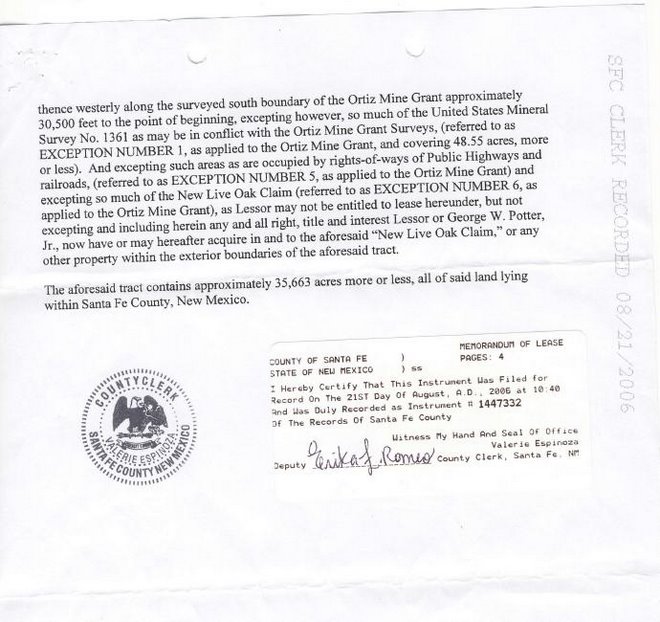



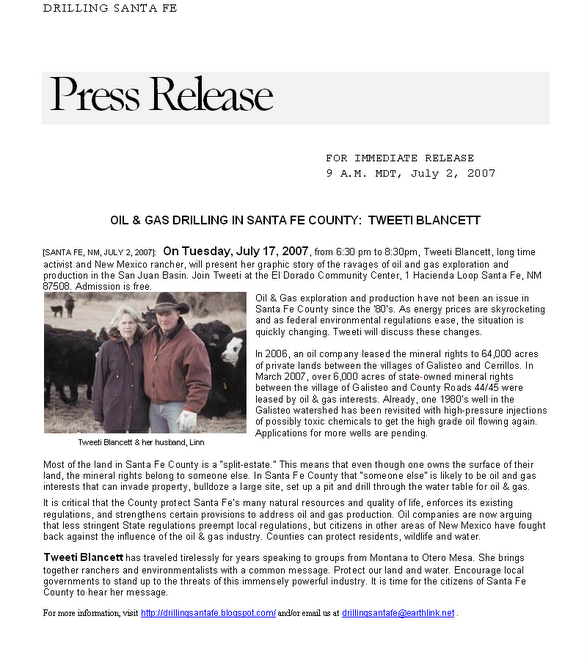
No comments:
Post a Comment